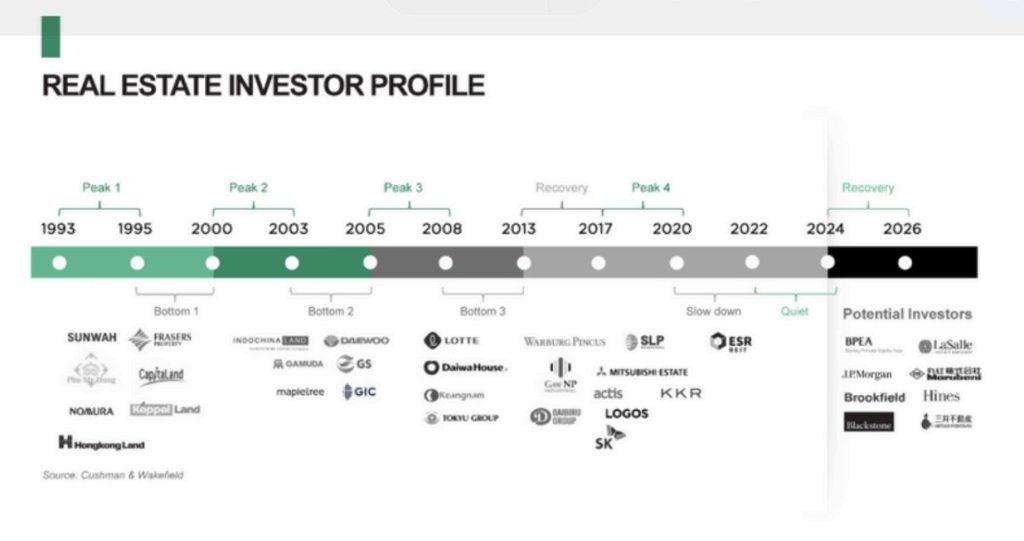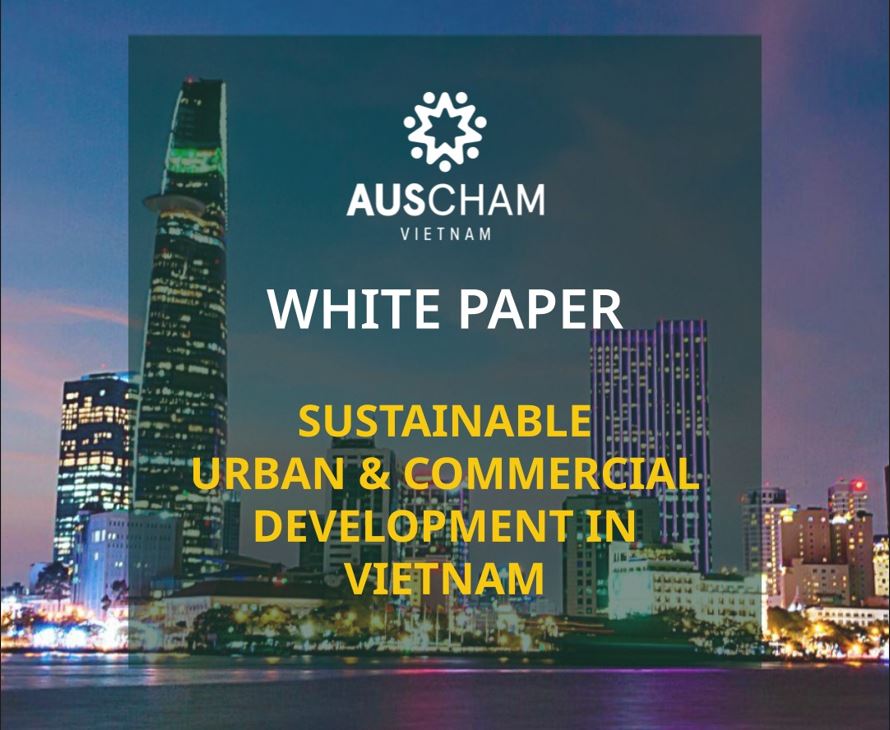Cambodia Investment Review
Vietnam’s rapid urbanization and economic transformation have positioned it as a key player in Southeast Asia’s development landscape. However, this growth comes with environmental and social challenges that must be addressed to ensure sustainable progress. A recent white paper by the Australian Chamber of Commerce Vietnam (AusCham) highlights these issues while offering lessons for the broader region, including Cambodia.
Sustainable Growth Linked to Global Goals
Vietnam’s efforts to align with the United Nations’ Sustainable Development Goals (SDGs) demonstrate its commitment to inclusive and environmentally responsible urbanization. Goal 11: Sustainable Cities and Communities and Goal 12: Responsible Consumption and Production guide policies aimed at affordable housing, enhanced public transport, and responsible industrial practices. These objectives resonate with similar aspirations in Cambodia, which is also grappling with urban growth and infrastructure challenges.

Urbanization Trends and the Role of Smart Cities
Vietnam’s urban population is projected to grow from 39% in 2021 to 50% by 2040, mirroring trends seen in Cambodia’s urban hubs such as Phnom Penh and Siem Reap. Both nations face mounting pressures on infrastructure, including traffic congestion, housing shortages, and environmental degradation.
Vietnam has embraced smart city initiatives, particularly in Hanoi, Ho Chi Minh City, and Da Nang. These projects focus on integrating technology for efficient waste management, public transport, and climate resilience. Cambodia, similarly, is exploring smart solutions to modernize its urban centers and attract investment.

Regional Collaboration and Investment Opportunities
Public-private partnerships and green financing mechanisms are proving vital for sustainable urban development in Vietnam. These approaches also hold potential for Cambodia, where similar collaborations could address infrastructure gaps and promote eco-friendly industrial zones.
Vietnam’s Green Growth Strategy serves as a comprehensive framework for balancing economic growth with environmental sustainability. Cambodia, with its focus on renewable energy projects and eco-tourism, could benefit from adopting similar policies to scale up its green initiatives. Moreover, as ASEAN neighbors, both countries can leverage regional frameworks such as the ASEAN Smart Cities Network to share best practices and drive collective progress.
Lessons from Singapore: A Shared Blueprint
Singapore’s success as a sustainable urban hub offers valuable insights for Vietnam and Cambodia. The city-state’s integration of green building practices, smart water management, and vertical urban planning provides a replicable model for addressing rapid urbanization challenges. Cambodia’s growing real estate sector and tourism-driven economy could particularly benefit from Singapore’s emphasis on long-term urban planning and resource optimization.

Overcoming Challenges for Regional Growth
Despite their progress, both Vietnam and Cambodia face similar challenges:
- Environmental degradation from deforestation and pollution.
- Infrastructure gaps that struggle to keep up with urban demands.
- Social inequality, with marginalized groups often excluded from development benefits.
Addressing these issues requires robust governance, international partnerships, and innovative solutions tailored to local contexts. Vietnam and Cambodia, as rapidly developing economies, can strengthen their positions as regional leaders in sustainable development by working together on shared challenges.





